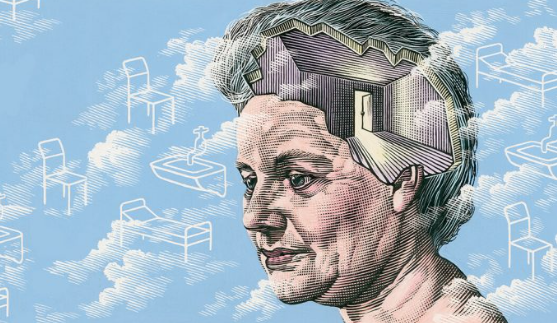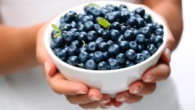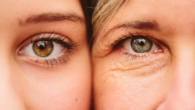
A new key to the treatment of Alzheimer's disease has been found
Scientists at St. Jude Children's Research Hospital are advancing understanding of a potential treatment for Alzheimer's disease. The work focuses on LC3-associated endocytosis (LANDO) and its role in neuroinflammation. The results appear as a preliminary online publication in Science Advances.
Researchers have previously identified the LANDO pathway in microglial cells, the primary immune cells of the brain and central nervous system. When genes required for this pathway are deleted, Alzheimer's disease progression is accelerated in mouse models, and LANDO protects against neuroinflammation, one of the hallmarks of Alzheimer's disease.
Continuing to investigate LANDO, the authors identified a new function of the ATG16L protein. this protein is critical for autophagy, the normal process by which a cell recycles its components during times of stress or lack of energy. Although ATG16L is important for autophagy, it may also play a role in LANDO. The researchers found that when a region of ATG16L called the WD domain is deleted, lando is blocked and autophagy continues.
“We learned about this pathway in the context of brain tumor research, but it has serious implications for neuroinflammatory and neurodegenerative diseases said senior author Douglas Green, chief of immunology at St. Jude. – “We have shown that LANDO deficiency combined with aging can lead to Alzheimer's disease in a unique mouse model, and there is evidence to suggest that this may also be the case in humans.”
Emerging treatment strategy
Reducing neuroinflammation has been proposed as a potential treatment for Alzheimer's disease. To treat the new mouse model, the researchers used a compound that inhibits the inflammasome, a complex of proteins that activates pro-inflammatory immune responses. Today, scientists are targeting the inflammasomes responsible for neuroinflammation. After analyzing the model's behavior, they found evidence of improved cognition and memory in addition to reduced neuroinflammation.









Leave a Reply